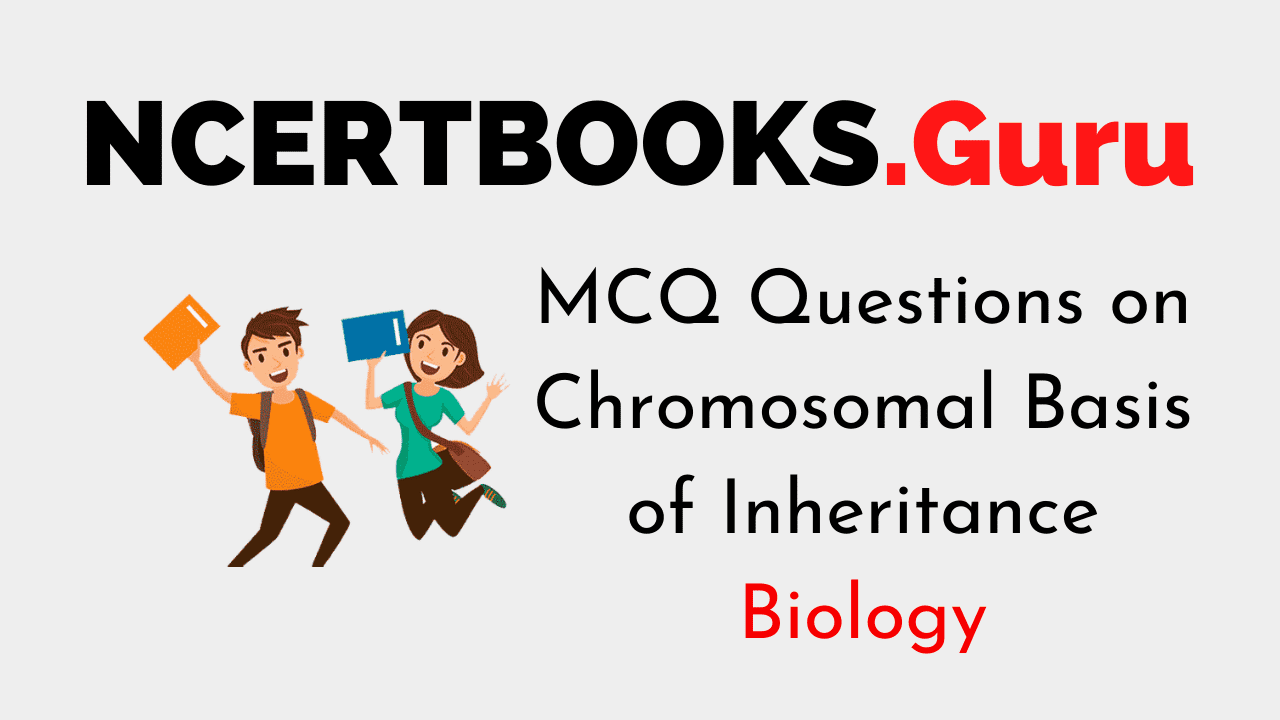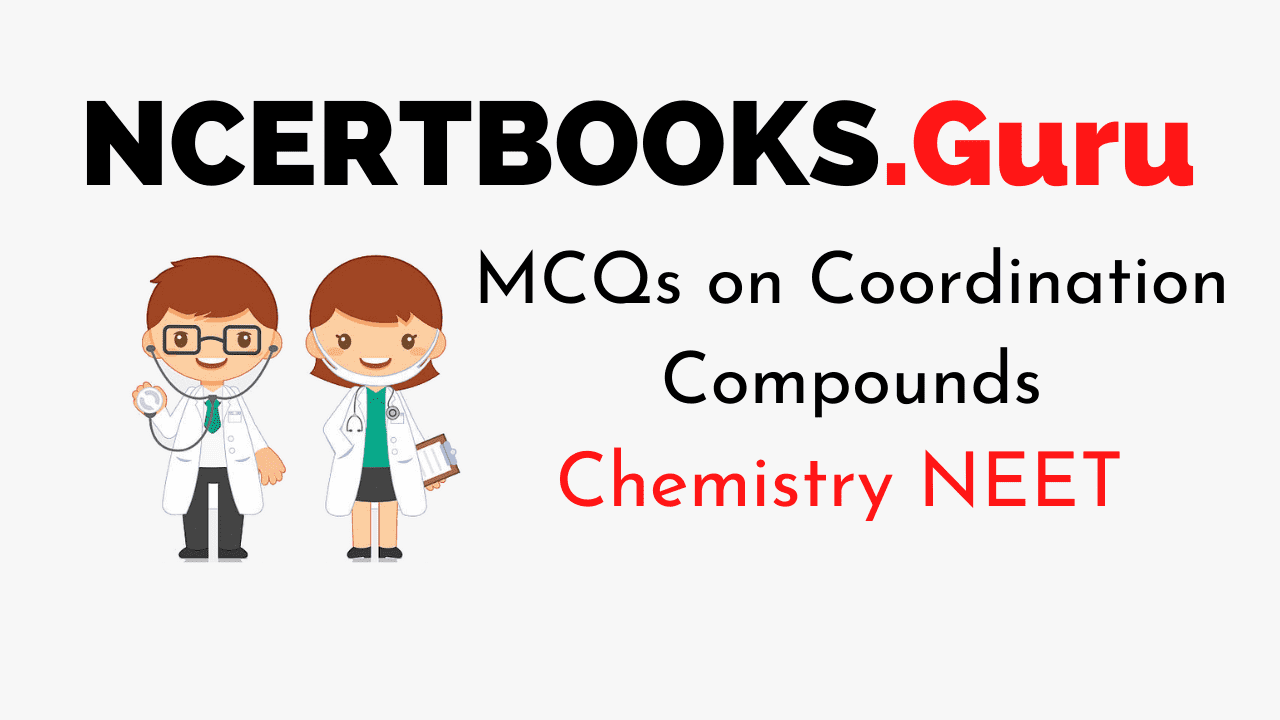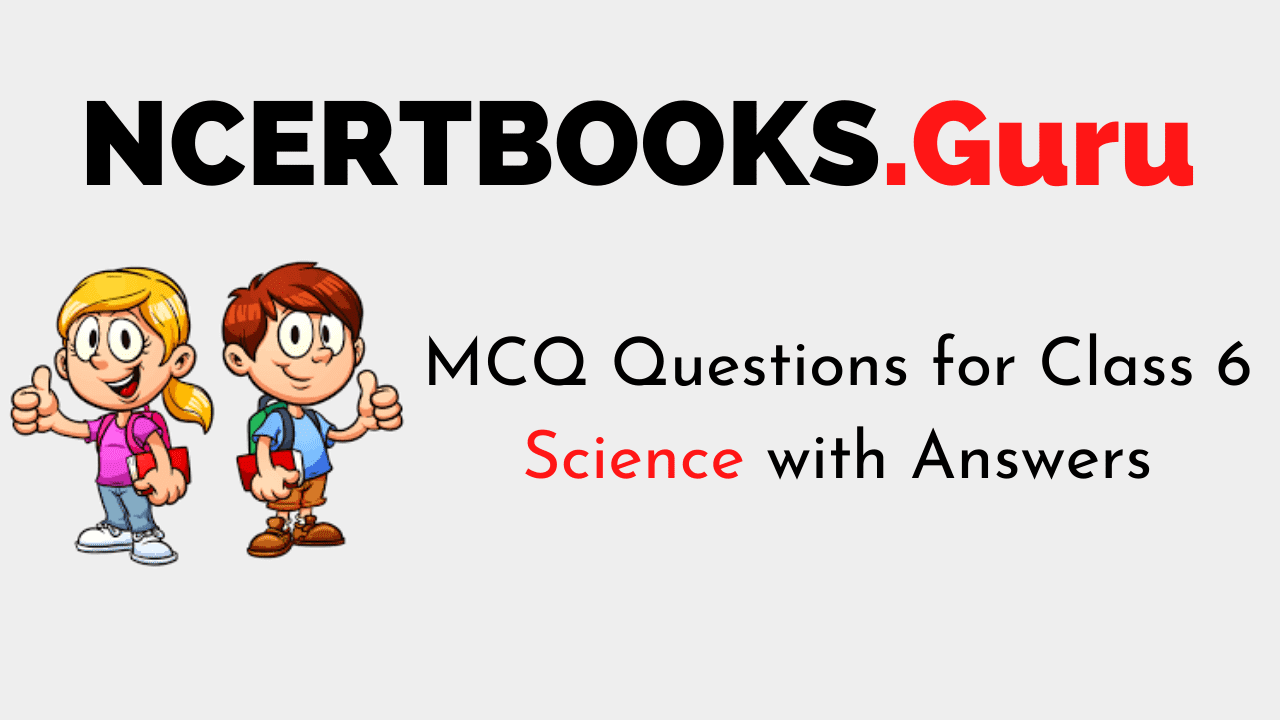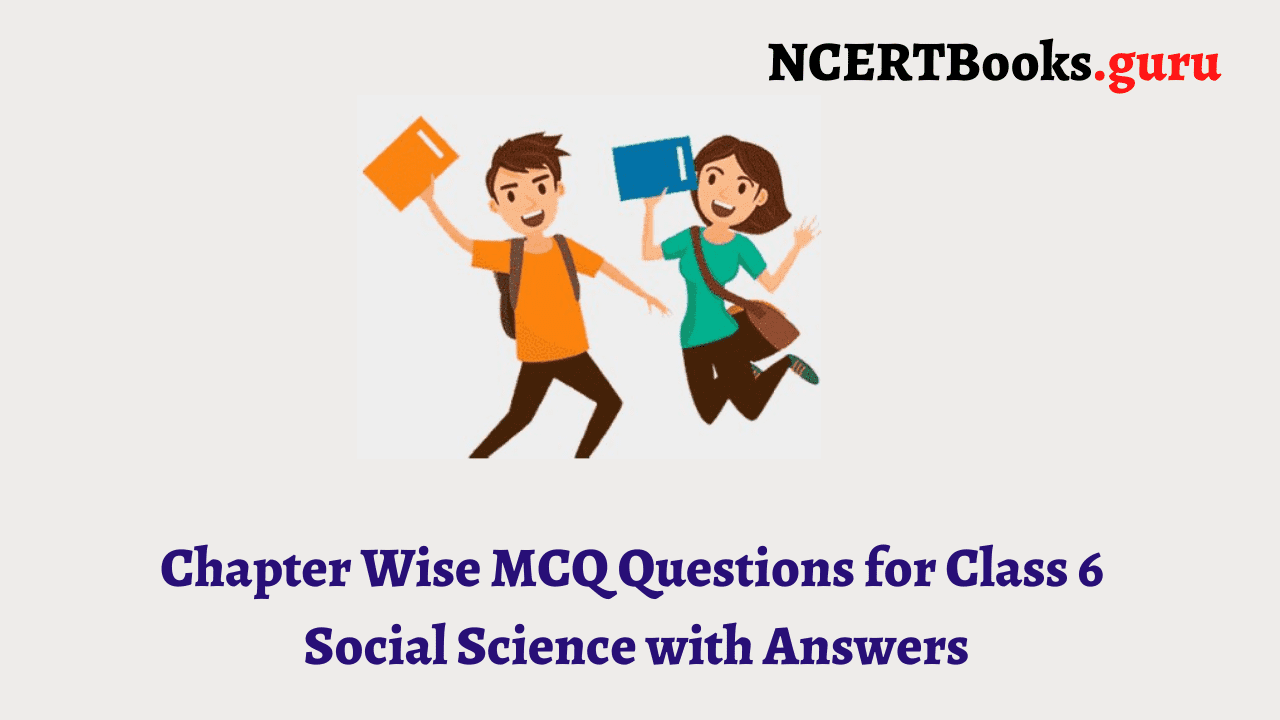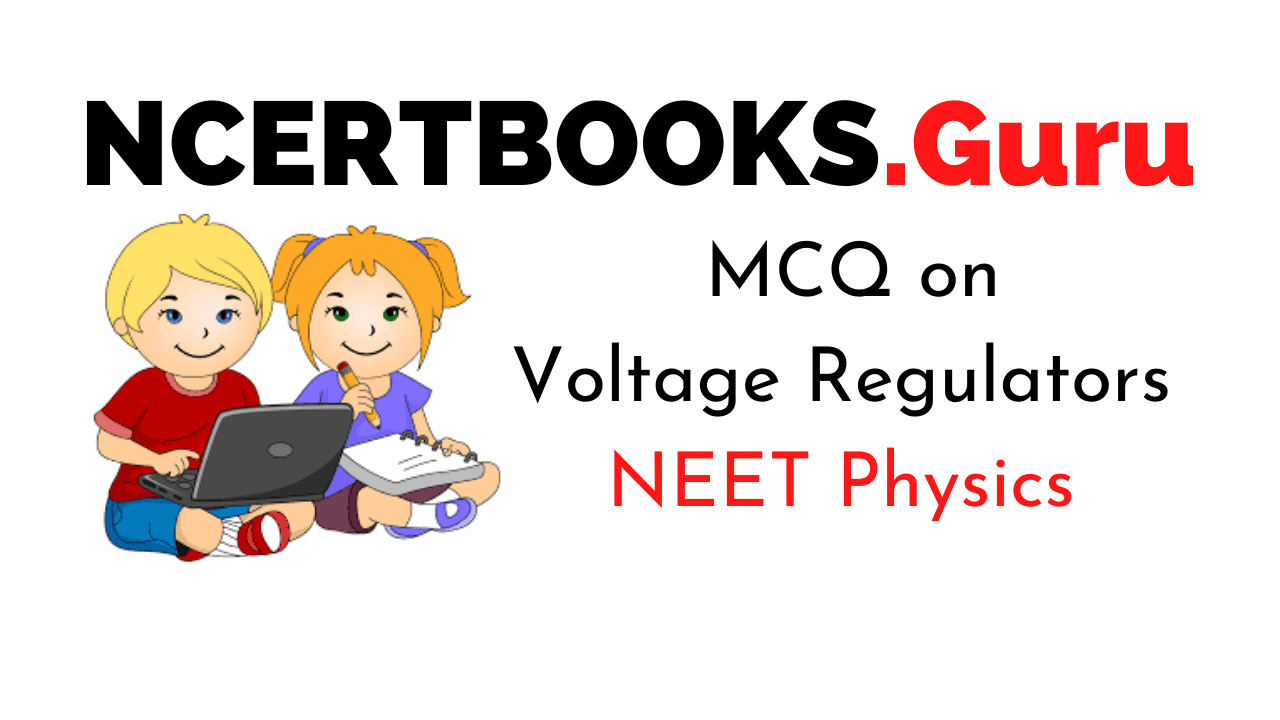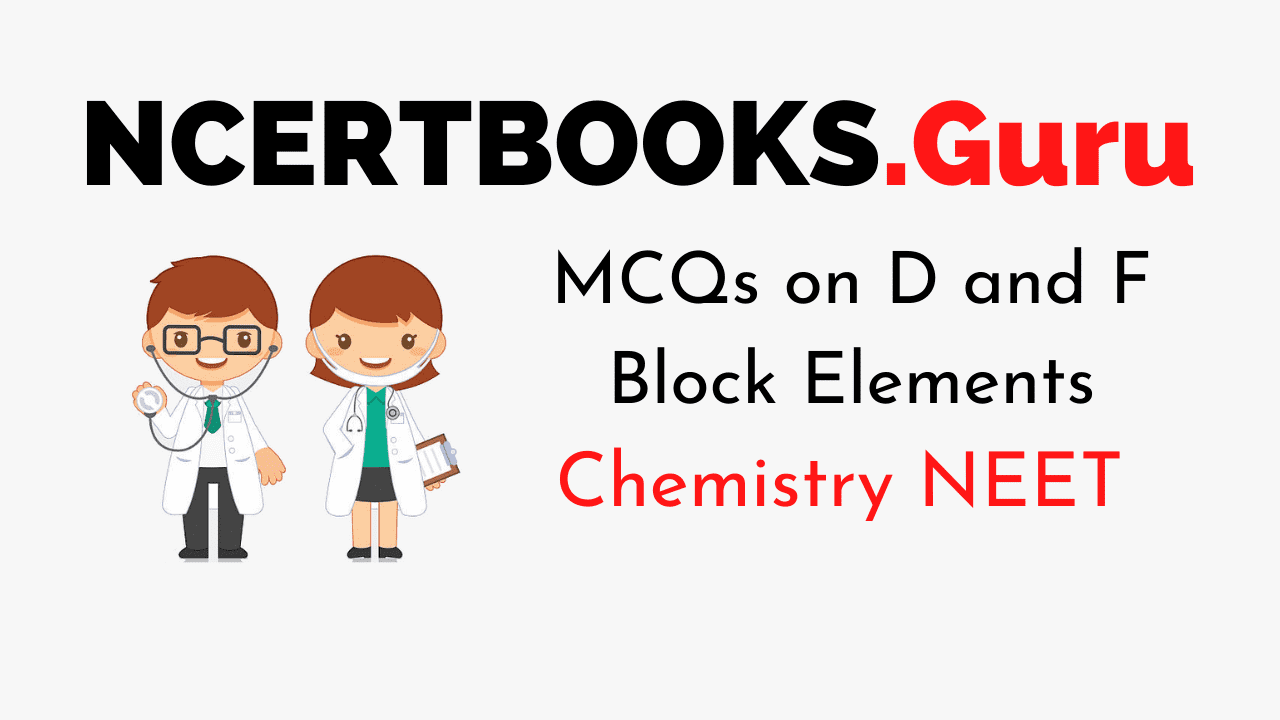MCQ Questions on Chromosomal Basis of Inheritance
1. The term chromosome was coined by ___________.
(a) Sutton
(b) Boveri
(c) Waldeyer
(d) Hoffmeister
Answer
Answer: (c) Waldeyer.
2. Chromosomes found in the salivary gland of Drosophila is___________.
(a) Polytene
(b) Lampbrush
(c) Supernumerary
(d) B-chromosomes
Answer
Answer: (a) Polytene.
3. Lampbrush chromosomes occur in___________.
(a) Oocytes
(b) Cancer cells
(c) Lymph glands
(d) Salivary glands
Answer
Answer: (a) Oocytes.
4. Which of the following is true about the Chromatids?
(a) It is a haploid chromosome
(b) It is a complete chromosome
(c) It is a duplicate chromosome
(d) It is one-half of the replicated chromosome
Answer
Answer: (d) It is one-half of the replicated chromosome.
5. The centromere is that part of the chromosome where___________.
(a) Nicking occurs
(b) Chromatids are attached
(c) Nucleoli are formed
(d) Crossing-over takes place
Answer
Answer: (b) Chromatids are attached.
6. The ends of the chromosome are called ___________.
(a) Satellites
(b) Centromeres
(c) Telomeres
(d) Kinetochore
Answer
Answer: (c) Telomeres.
7. Chromosomes were first observed by___________.
(a) Fleming
(b) Waldeyer
(c) Strasburger
(d) Hoffmeister
Answer
Answer: (d) Hoffmeister.
8. A chromosome with sub-terminal centromere is___________.
(a) Acrocentric
(b) Acentric
(c) Metacentric
(d) Telocentric
Answer
Answer: (a) Acrocentric.
9. The giant chromosome with a number of chromonemeta is___________.
(a) Hetrochromosome
(b) Polytene chromosome
(c) Lampbrush chromosome
(d) Supernumerary chromosome
Answer
Answer: (b) Polytene chromosome.
10. A chromosome with centromere near the middle is called___________.
(a) Metacentric
(b) Acrocentric
(c) Telocentric
(d) Submetacentric
Answer
Answer: (d) Submetacentric.
11. Puffs or balbiani rings in the salivary gland chromosome are the sites of___________.
(a) Protein synthesis
(b) RNA synthesis
(c) DNA replication
(d) DNA duplication
Answer
Answer: (b) RNA synthesis.
</details
12. Chromosomal theory of inheritance was proposed by___________.
(a) Sutton in 1902
(b) Boveri in 1902
(c) Correns in 1909
(d) Sutton and Boveri in 1902
Answer
Answer: (d) Sutton and Boveri in 1902.
13. More than 200 chromosomes occur in___________.
(a) Dog
(b) Amoeba
(c) Chicken
(d) Gorilla
Answer
Answer: (b) Amoeba.
14. A colour blind daughter may be born if the___________.
(a) Father is normal and the mother is a carrier
(b) Father is normal and the mother is colour blind
(c) Father is colour blind and mother is a carrier
(d) Father is colour blind and mother is normal
Answer
Answer: (c) Father is colour blind and mother is a carrier.
15. A somatic cell in a human male contains___________.
(a) No gene on the sex chromosome
(b) Genes on only on sex chromosomes
(c) Two genes for every sex-linked character
(d) Only one sex-linked gene for each character
Answer
Answer: (d) Only one sex-linked gene for each character.
16. The blue-green algae and bacteria contain ___________.
(a) Three linkage groups
(b) Two linkage groups
(c) One linkage group
(d) None of the above
Answer
Answer: (c) One linkage group.
17. What is the number of linkage groups in the Drosophila?
(a) Two
(b) Four
(c) Eight
(d) None of the above
Answer
Answer: (b) Four.
18. Gene for colour blindness in man is located on ___________.
(a) Both X and Y chromosome
(b) Y-chromosome only
(c) X-chromosome only
(d) Either X-chromosome or Y-chromosome
Answer
Answer: (c) X-chromosome only.
19. Chromosomal constitution in human females can be best written as___________.
(a) 46
(b) 44+2
(c) 44A+XY
(d) 44A+XX
Answer
Answer: (d) 44A+XX.
20. Which of the following disease is sex-linked?
(a) Hepatitis
(b) Leukaemia
(c) Malignancy
(d) Colour blindness
Answer
Answer: (d) Colour blindness.
